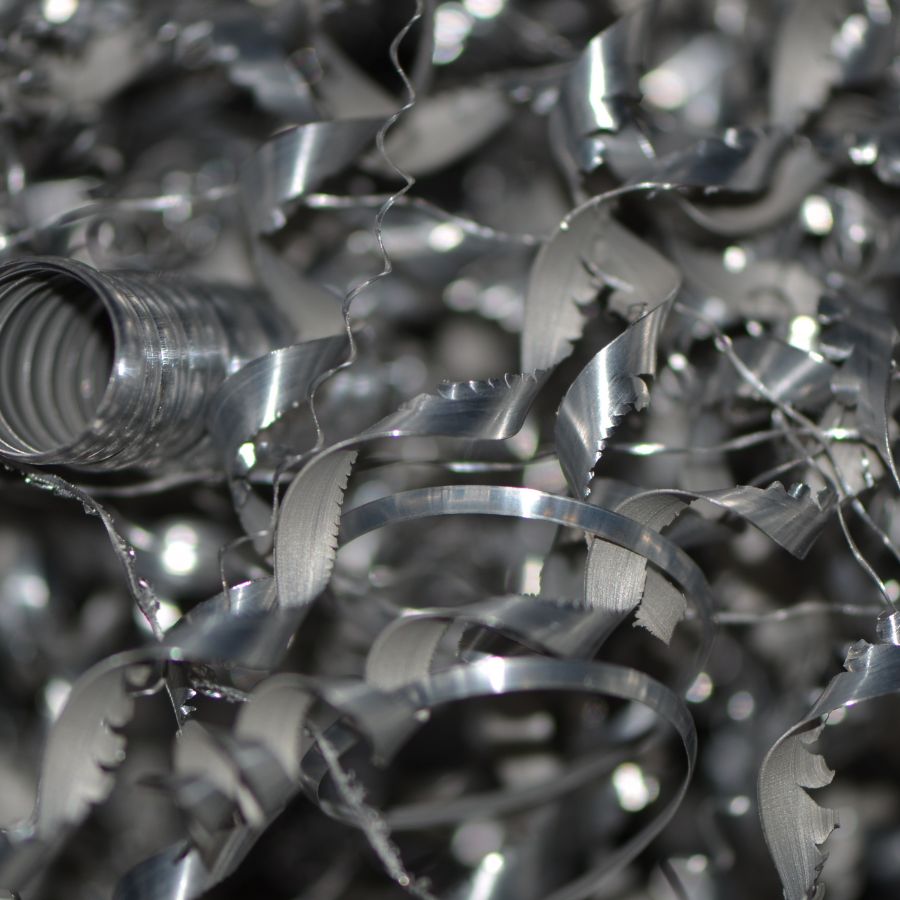Scrap and metal recycling is no longer just about getting rid of unwanted items—it’s an opportunity to earn money, contribute to sustainability, and ensure metals are reused in industries that need them most. Whether you have old appliances, car parts, construction debris, or just leftover wires, finding the right scrap and metal recycling service near you can make all the difference.
But with so many recycling centers and scrap dealers out there, how do you identify the best one? This guide will walk you through everything you need to know—from understanding recycling basics to comparing services—so you can recycle smartly, profitably, and responsibly.
1. Understanding Scrap and Metal Recycling
What is Scrap and Metal Recycling?
Scrap and metal recycling is the process of collecting, processing, and reusing discarded metals. These metals are melted down and repurposed into new products, reducing the need for raw mining.
Common metals recycled include:
- Ferrous metals: Iron, steel (often from cars, machinery, and appliances).
- Non-ferrous metals: Aluminum, copper, brass, lead, and precious metals (more valuable and widely used in construction and electronics).
Why Scrap Recycling is Important
- Environmental benefits: Recycling reduces landfill waste, conserves natural resources, and lowers greenhouse gas emissions.
- Economic benefits: Recycled metals are cheaper for industries to use, and individuals earn money by selling scrap.
- Community benefits: Promotes a cleaner environment and sustainable living practices.
2. Identifying Your Recycling Needs
What Type of Scrap Do You Have?
Before contacting a recycler, identify the type of scrap you want to recycle:
- Household metals: Old appliances, cookware, wires, soda cans.
- Industrial scrap: Leftover construction steel, pipes, and machinery parts.
- Automotive scrap: Old vehicles, batteries, alloy wheels, catalytic converters.
Sorting and Preparing Metals
- Separate ferrous from non-ferrous metals (a magnet test can help—ferrous metals stick to magnets).
- Clean and strip metals (remove insulation from wires, drain fluids from appliances).
- Bundle bulk metals for easier transportation.
Preparation ensures you get the best price from recycling centers.
3. How to Find Recycling Services Near You
Start with Local Research
- Use Google Maps and search “scrap metal recycling near me” to find nearby centers.
- Check local business directories like Yellow Pages or Yelp for verified recyclers.
- Explore government recycling programs that list certified facilities.
Word of Mouth and Community Forums
- Ask neighbors, contractors, or auto repair shops for recommendations.
- Use community groups on Facebook, Reddit, or Nextdoor to discover trusted recyclers.
Online Marketplaces and Apps
- Platforms like RecycleInMe or scrap metal apps provide instant pricing updates.
- Some apps allow you to schedule pickups directly from your location.
4. Key Factors to Consider Before Choosing a Recycler
Reputation and Reviews
- Look for recyclers with high ratings and positive customer feedback.
- Avoid services with complaints about unfair pricing or delayed payments.
Licensing and Certifications
- Ensure the recycler is licensed and compliant with environmental regulations.
- Certified recyclers follow strict rules, ensuring ethical disposal and recycling.
Services Offered
- Do they provide pickup or drop-off options?
- Do they accept both ferrous and non-ferrous metals?
- Do they handle specialized scrap like e-waste, batteries, or hazardous materials?
Pricing and Payment Methods
- Pricing is based on metal type, weight, and current market rates.
- Choose recyclers with transparent pricing policies.
- Check if they pay cash, digital transfer, or vouchers.
Convenience and Location
- Nearby recyclers save you on transport costs.
- Consider their business hours and whether they offer weekend services.
5. Maximizing Value from Your Scrap
Track Current Metal Prices
- Metal prices fluctuate daily due to global demand and supply.
- Use websites like ScrapMonster or mobile apps to check live prices.
Tips for Negotiating Better Rates
- Sell in bulk—larger quantities often fetch higher rates.
- Build long-term relationships with recyclers to get loyalty bonuses.
Eco-Friendly Practices
- Partner with recyclers who follow green disposal methods.
- Ask if they issue environmental compliance certificates for large scrap sales.
6. Common Mistakes to Avoid
- Not researching prices before selling.
- Mixing metals (reduces overall payout).
- Falling for scams—unlicensed dealers may underpay or mishandle scrap.
- Ignoring convenience costs—a distant recycler may cut into profits due to fuel expenses.
7. Benefits of Choosing the Right Scrap and Metal Recycler
- Higher financial returns through competitive pricing.
- Stress-free process with professional handling and pickup services.
- Sustainable contribution by supporting the circular economy.
- Safe disposal of hazardous materials like batteries and electronics.
Conclusion
Finding the best scrap and metal recycling services near you isn’t just about location—it’s about reputation, transparency, and sustainability. By researching local recyclers, comparing services, and preparing your scrap properly, you can maximize your returns while ensuring your contribution to a greener future.
Whether you’re a homeowner cleaning out a garage or a business managing industrial waste, the right recycler will save you time, pay you fairly, and help protect the environment.
FAQs
1. What types of metals can I recycle near me?
Most recyclers accept steel, aluminum, copper, brass, batteries, car parts, and appliances.
2. Do recycling centers pay cash for scrap metal?
Yes, many pay cash or offer bank transfers depending on local regulations.
3. How do I know if a recycler is trustworthy?
Check online reviews, ask for licenses, and look for transparent pricing policies.
4. Can recyclers pick up scrap metal from my home?
Yes, many offer free or paid pickup services for large loads.
5. How can I get the best price for my scrap?
Separate metals, clean them, sell in bulk, and monitor live market prices.
6. Is recycling scrap metal really good for the environment?
Absolutely. It reduces mining, saves energy, and prevents landfill pollution.
7. What documents do I need to recycle scrap metal?
Some centers may require a valid ID to prevent theft-related sales.


